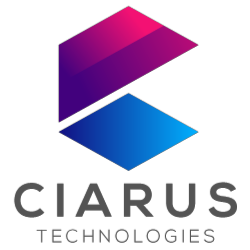
In recent years, the world of technology has been revolutionized by the advent of decentralized applications, commonly known as DApps. These applications, which operate on blockchain technology, are rapidly transforming the software landscape by offering advantages over traditional, centralized applications. From increased security to greater transparency, DApps are paving the way for a new era in digital interaction.
What Are Decentralized Applications (DApps)?
Decentralized applications, or DApps, are software applications that run on a decentralized network, typically a blockchain. Unlike traditional applications that rely on centralized servers, DApps leverage peer-to-peer networks, ensuring that no single entity has control over the entire system. This decentralized nature makes them more secure, transparent, and resilient to attacks.
Advantages of DApps Over Traditional Applications
- Enhanced Security: DApps are inherently more secure due to their decentralized nature. Since they operate on blockchain technology, data is distributed across multiple nodes, making it difficult for hackers to compromise the system. The lack of a single point of failure reduces the risk of data breaches and cyber attacks.
- Transparency: One of the key benefits of DApps is their transparency. All transactions and data are recorded on the blockchain, which is accessible to anyone. This openness ensures that users can verify the authenticity of the information and trust the system.
- Censorship Resistance: Traditional applications can be subject to censorship by governments or centralized authorities. DApps, on the other hand, are resistant to censorship due to their decentralized structure. This feature makes them ideal for applications that require a high degree of freedom and independence.
- Improved Privacy: DApps offer enhanced privacy features compared to traditional applications. Users can interact with the application without revealing their identity, as transactions are recorded pseudonymously on the blockchain.
- User Empowerment: In traditional applications, users often have limited control over their data and how it is used. DApps empower users by giving them full ownership and control over their data, which can be shared or monetized according to their preferences.
How DApps Are Reshaping the Software Landscape
The rise of DApps is having a profound impact on various industries, from finance to gaming, and beyond. Here are some examples of how DApps are reshaping the software landscape:
- Finance (DeFi): Decentralized Finance (DeFi) is one of the most significant applications of DApps. DeFi platforms enable users to engage in financial activities such as lending, borrowing, and trading without the need for intermediaries like banks. This democratizes finance, making it accessible to anyone with an internet connection.
- Supply Chain Management: DApps are transforming supply chain management by providing greater transparency and traceability. Businesses can track products from the point of origin to the end consumer, ensuring the authenticity and quality of goods.
- Gaming: The gaming industry is witnessing a revolution with the introduction of blockchain-based games. DApps enable gamers to own in-game assets, which can be traded or sold outside the game environment. This creates a new economy within the gaming world.
- Healthcare: In healthcare, DApps are being used to secure patient data and improve interoperability between different healthcare providers. This ensures that patient information is accurate, up-to-date, and accessible to authorized personnel only.
- Voting Systems: DApps are also being explored for use in voting systems to enhance transparency and prevent fraud. By leveraging blockchain technology, voting records can be made tamper-proof, ensuring the integrity of the electoral process.
Challenges and Future Prospects
Despite their advantages, DApps face several challenges that need to be addressed. Scalability is a significant issue, as most blockchain networks struggle to handle a large number of transactions simultaneously. Additionally, the user experience of DApps needs to improve to make them more accessible to the average user.
However, ongoing research and development in blockchain technology are addressing these challenges. Layer 2 solutions, such as sidechains and off-chain transactions, are being developed to enhance scalability. Moreover, efforts are being made to improve the user interface and experience of DApps, making them more user-friendly.
The future of DApps looks promising, with potential applications extending beyond finance and gaming to sectors such as real estate, energy, and governance. As technology continues to evolve, DApps are set to become an integral part of our digital lives, offering a more secure, transparent, and decentralized way of interacting with software.
For more information on how DApps can benefit your business or to explore our decentralized application development services, Contact Us.
Market Prices for DApp Development Services
The cost of developing a DApp can vary significantly based on complexity, features, and the blockchain platform used. On average, here are some price estimates for DApp development services:
- Basic DApp: $10,000 – $30,000
- Medium Complexity DApp: $30,000 – $100,000
- High Complexity DApp: $100,000 – $300,000+
For a detailed quote tailored to your specific needs,

